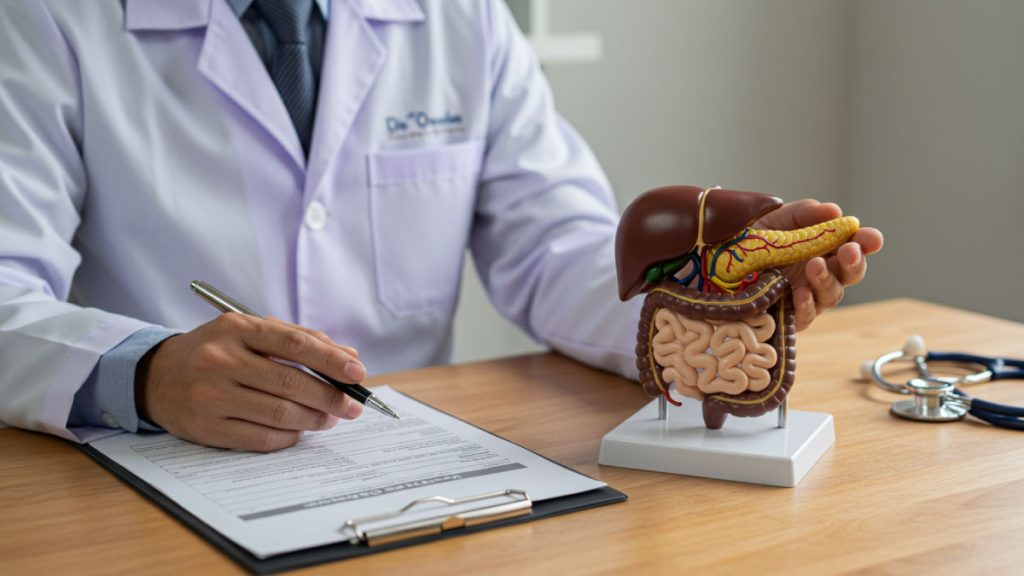NEWSLETTER: WORLD HEPATITIS DAY
INTRODUCTION
World Hepatitis Day, observed annually on July 28th, is a global health campaign aimed at raising awareness about viral hepatitis, a liver disease that can cause serious health problems. The day is also dedicated to promoting action to prevent, diagnose, and treat the disease, as well as to address the social and systemic barriers that hinder access to care.
DEFINITION
Hepatitis is inflammation of the liver. This inflammation can be caused by various factors, most commonly viral infections, but also by alcohol, toxins, autoimmune diseases, and certain medications.
SIGNS AND SYMPTOMS OF HEPATITIS
Common Hepatitis Signs/Symptoms:
fatigue, loss of appetite, nausea, vomiting, abdominal pain (especially in the upper right quadrant), dark urine, and jaundice (yellowing of the skin and eyes). Fever, joint pain, and clay-colored stools are also potential indicators.
MANAGEMENT OF HEPATITIS
- Medical Evaluation: Schedule regular check-ups with your healthcare provider. They will monitor the progression of the disease and recommend appropriate interventions.
Medications: Antiviral medications may be prescribed to help control the virus and reduce the risk of liver damage. These medications should be taken as directed by your healthcare provider.
Vaccination: If you haven’t already been vaccinated against Hepatitis B, consider getting vaccinated. This can help protect you from further infection.
Liver Health: Take steps to maintain liver health. This includes avoiding alcohol, maintaining a healthy diet, and getting regular exercise.
Prevent Transmission: Hepatitis B is spread through blood and other body fluids. Practice safe s-ex by using condoms and avoid sharing needles or other items that may come into contact with blood.
Monitor for Complications: Hepatitis B can lead to complications such as cirrhosis or liver cancer. Regular monitoring can help detect and manage these complications early.
Educate Others: Inform close contacts, including family and sexual partners, about your Hepatitis B status. Encourage them to get vaccinated if they haven’t already.
PREVENTION
- Practicing safe sex: Using condoms can help prevent the sexual transmission of hepatitis B.
- Avoid sharing needles or other drug injection equipment.
- Ensuring safe blood transfusions and medical procedures by screening blood donors and using sterile equipment.
- Providing hepatitis B vaccination for household contacts and sexual partners of people with hepatitis B infection.
CONCLUSION
Effective prevention and treatment strategies exist for certain types of hepatitis, such as vaccination for Hepatitis A and B, and antiviral treatments for Hepatitis B and C. Public health efforts focused on vaccination, testing, and access to treatment are crucial in reducing the burden of hepatitis worldwide.

